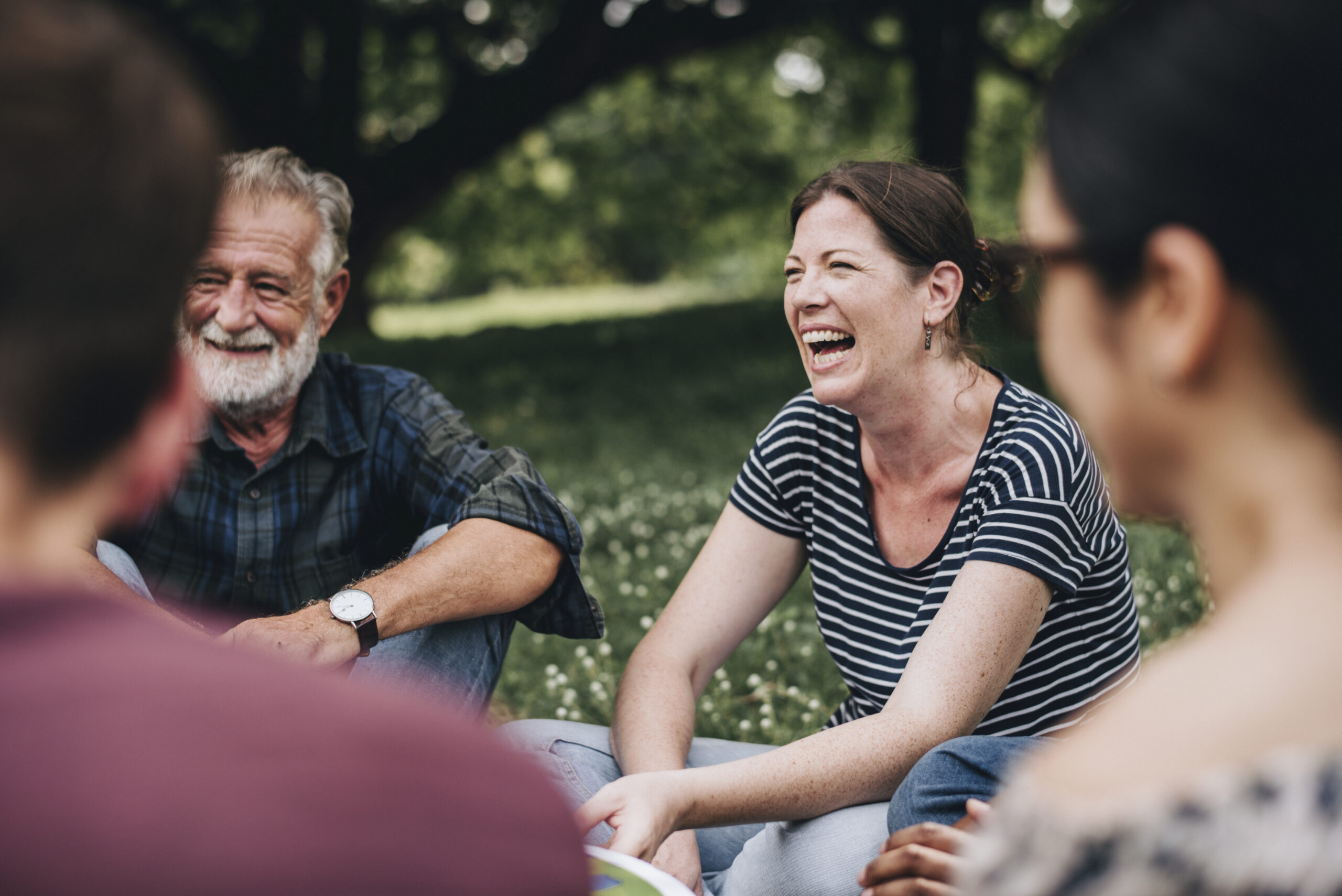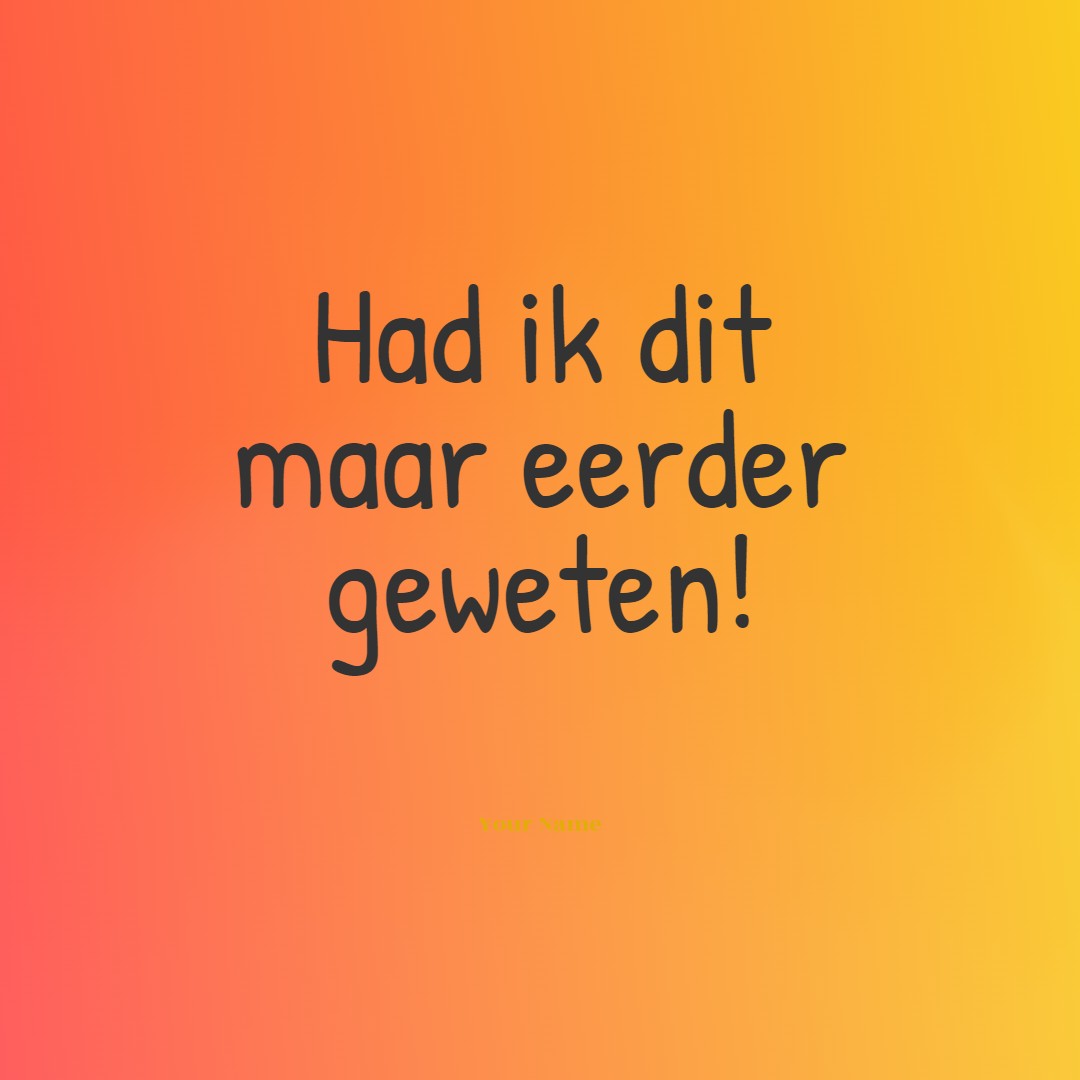Talking to peers
When a person is found to be in pain that for whatever reason will not go away, they are often told to 'just learn to live with it'. However, no doctor has a prescription for that.
In general, it is difficult for doctors, due to the limited time available to them, to guide patients extensively in this. Many people do not want to go to a social worker or other (psychosocial) counsellor, because unfortunately there is still often a prejudice against them.
However, it has been shown that it is very sensible in such a situation to do contact op te nemen met een patiëntenorganisatie. Daar vind je mensen met dezelfde klachten. Je kunt door gesprekken met deze ‘ervaringsdeskundigen’ ervaren hoe anderen met hun aandoening hebben leren omgaan. Ook hoor je daar welke oplossingen er bedacht of gevonden zijn om beter om te kunnen gaan met de beperkingen.
Often people discover during the first conversation with peers that this is where they get real understanding.
The step to a patient organisation is very difficult, because by doing so, you are basically indicating that you 'have something wrong' and that you cannot cope with that problem on your own.
Still, the experience is that everyone wished they had been sooner in contact with us.


The core of our patient organisation is providing information to and engaging with people with chronic pain by people who themselves know what it is like to have chronic pain. There are different forms of peer contact
The function of this peer contact is to find:
- Recognition and acknowledgement
- Information
- Support and encouragement
- New contacts
The power of a contact meeting lies in the fact that, as a person with chronic pain, you can find help and support in coping with chronic pain for longer. That people understand you with half a word and common comments are therefore:
- Ik wou dat ik dit eerder geweten had.
- Ik kwam in een warm bad terecht.
- Waarom heeft mijn arts mij niet meteen hier naar toe verwezen.
Sharing and exchanging experiences are thus at the centre. We do not provide therapy and cannot help you get rid of pain. However, we can stand beside you and help with learning to manage your chronic pain.
Patient organisations have many informational materials available about your specific illness or disability.
A patient organisation can also do a lot for partners, children, family, friends, nurses, doctors and so on by providing information.
The Pain Hope Foundation organises regular meetings for fellow sufferers in various places in the Netherlands.
Daarnaast hebben we een basic training en een vervolgtraining om te leren omgaan met je pijn. Dit doe je onder leiding van een trainster samen met lotgenoten die begrijpen waar je het over hebt.
You can always contact us contact Whether or not you decide you want to know more or become a donor is up to you.
Pain Hope does not have a solution for pain, but our staff do understand the additional problems.